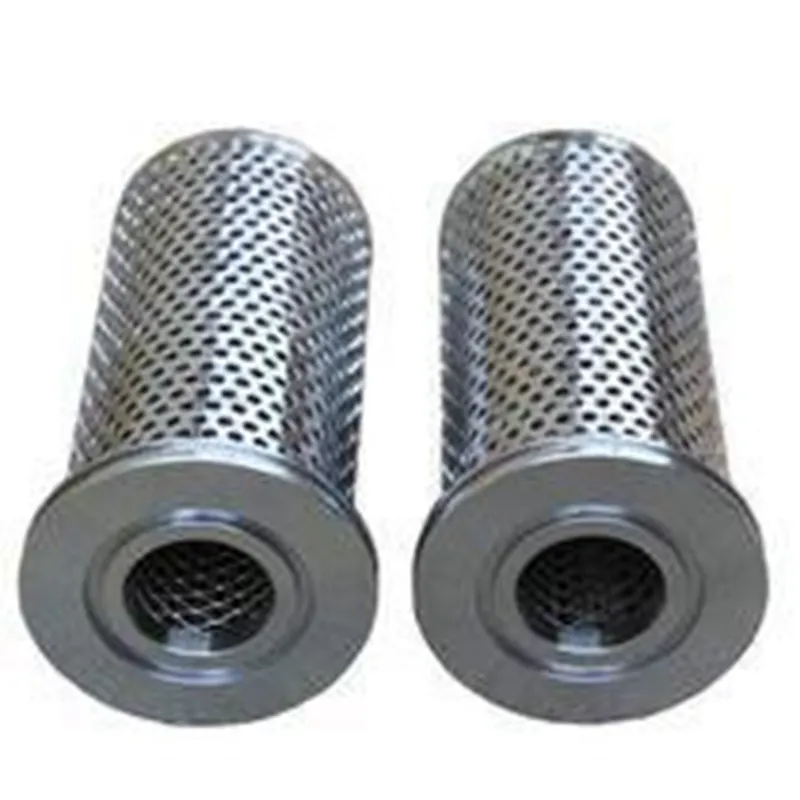 Tel:
+8615930870079
Tel:
+8615930870079
окт . 06, 2024 22:37 Back to list
gas turbine inlet filter
The Importance of Gas Turbine Inlet Filters
Gas turbines are pivotal in various industries, including power generation and aviation. Their efficiency, reliability, and performance are significantly affected by the quality of air that enters the turbine. Consequently, gas turbine inlet filters play a crucial role in ensuring optimal performance and extending the lifespan of the turbine components. In this article, we will explore the importance of these filters, their types, maintenance, and the future of filtration technology.
Why Inlet Filters Matter
Gas turbines operate on the principle of compressing air, mixing it with fuel, and igniting the mixture to produce thrust or electricity. However, the inlet air can contain particulates, pollutants, and moisture, which can be detrimental to the turbine. Dust, sand, and other particulates can cause abrasive wear on delicate components like the blades and vanes, leading to reduced efficiency and increased maintenance costs.
Moreover, contaminants such as salt and chemical pollutants can lead to corrosion, which significantly affects the turbine’s performance and durability. Inlet filters ensure that only clean air enters the turbine, protecting it from these harmful substances. By removing unwanted particulates, these filters contribute to better combustion efficiency, resulting in lower emissions and improved environmental compliance.
Types of Inlet Filters
Inlet filters can be categorized into several types based on their construction, efficiency, and application. The most common types include
1. Mesh Filters These are made of metal or synthetic mesh and are effective for coarse filtration. They can capture larger particles but may not be sufficient in environments with fine dust or particulate matter.
2. Panel Filters Typically made of pleated filter media, panel filters have a larger surface area, allowing for greater dirt-holding capacity and improved efficiency. They are often used in industrial applications with moderate contamination levels.
3. Bag Filters These filters consist of fabric bags that can trap smaller particulates. Bag filters are used in scenarios that require higher filtration efficiency.
gas turbine inlet filter

4. High-Efficiency Particulate Air (HEPA) Filters Although more common in cleanrooms and hospital settings, HEPA filters can be used in gas turbine applications requiring exceptionally clean air. They are capable of capturing up to 99.97% of particles as small as 0.3 microns.
5. Electrostatic Filters Utilizing static electricity, these filters can attract and trap particles from the air without needing as much resistance. They can offer a longer lifespan compared to traditional filters.
Maintenance and Care
Regular maintenance of gas turbine inlet filters is essential to ensure their effectiveness. Over time, filters can become clogged with particles, reducing airflow and efficiency. Routine inspections should be conducted to assess the condition of the filters. Depending on the filter type and operational environment, cleaning or replacing filters at specified intervals is necessary. For example, mesh and panel filters can often be cleaned and reused, while bag and HEPA filters may need periodic replacement.
Furthermore, monitoring the pressure drop across filters can serve as an indicator of their condition. A significant increase in pressure drop generally implies that the filter is becoming blocked and requires attention.
The Future of Filtration Technology
As gas turbine technology evolves, so does the need for more advanced filtration solutions. Innovations in materials and design aim to create more efficient filters that provide higher dirt-holding capacities, minimal pressure drops, and longer service lives. For instance, researchers are exploring nanotechnology to develop filters that can capture even finer particles while maintaining high airflow.
Moreover, the integration of IoT technology in filter monitoring can provide real-time data on filter performance, allowing operators to make informed decisions about maintenance and replacements. This proactive approach can ensure optimal turbine operation and reduce unexpected downtime.
Conclusion
Gas turbine inlet filters are a vital component in maintaining the efficiency, reliability, and longevity of gas turbines. As industries continue to demand cleaner energy solutions, the role of these filters will only become more critical. By investing in proper filtration technology and maintenance practices, operators can enhance turbine performance and contribute to a more sustainable future.
-
Nano Fiber Technology: Revolutionizing Cartridge Dust Collector FiltersNewsAug.06,2025
-
How Activated Carbon Air Cartridges Eliminate OdorsNewsAug.06,2025
-
Dust Filter Cartridge Handling Fine Particulate MatterNewsAug.06,2025
-
Cartridge Dust Collector Filter for Welding Fume ExtractionNewsAug.06,2025
-
Activated Carbon Filter Cartridge Effectiveness Against VOCsNewsAug.06,2025
-
Activated Carbon Air Filter Cartridge Benefits ExplainedNewsAug.06,2025

 Email:
Email:





